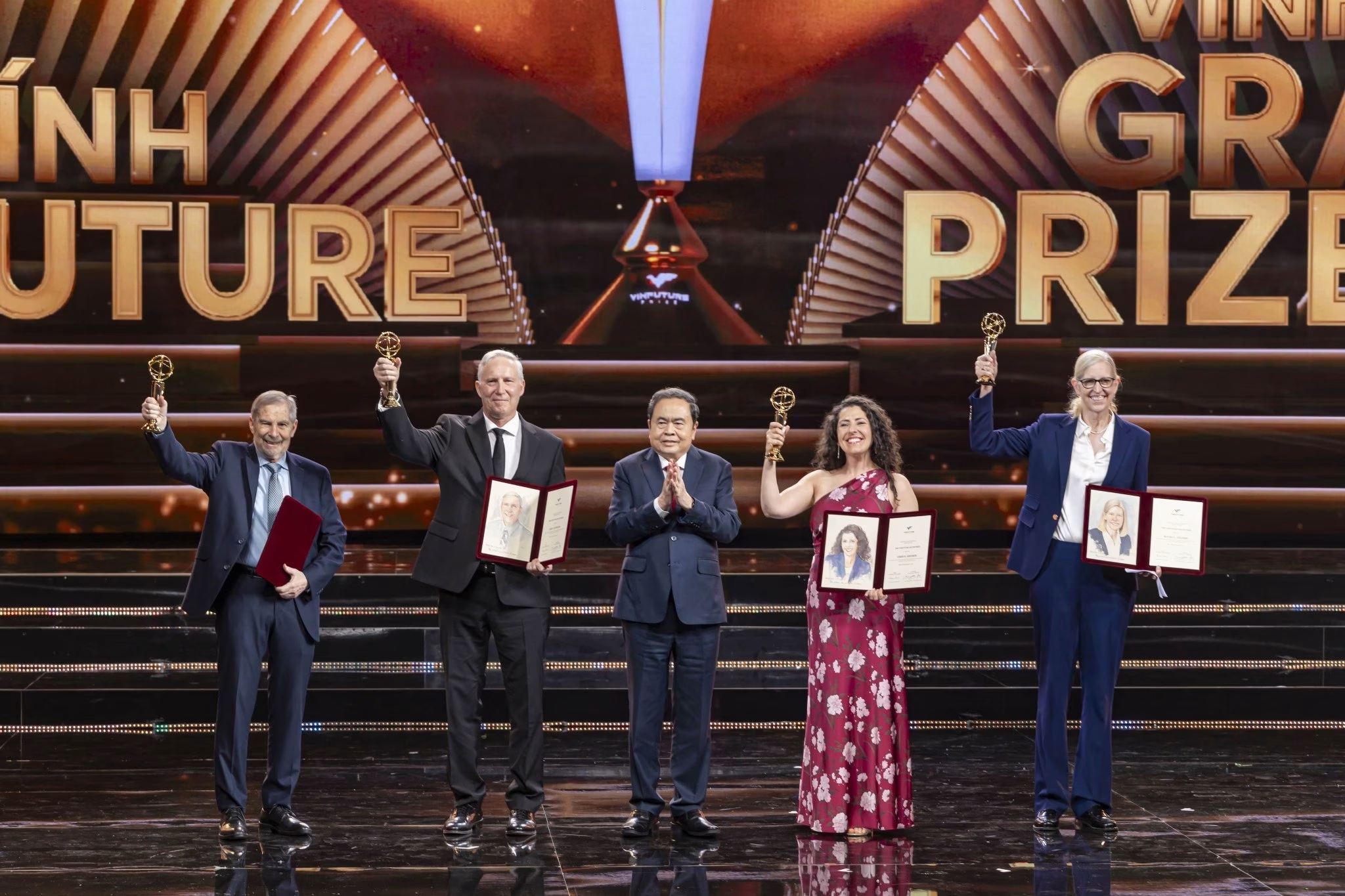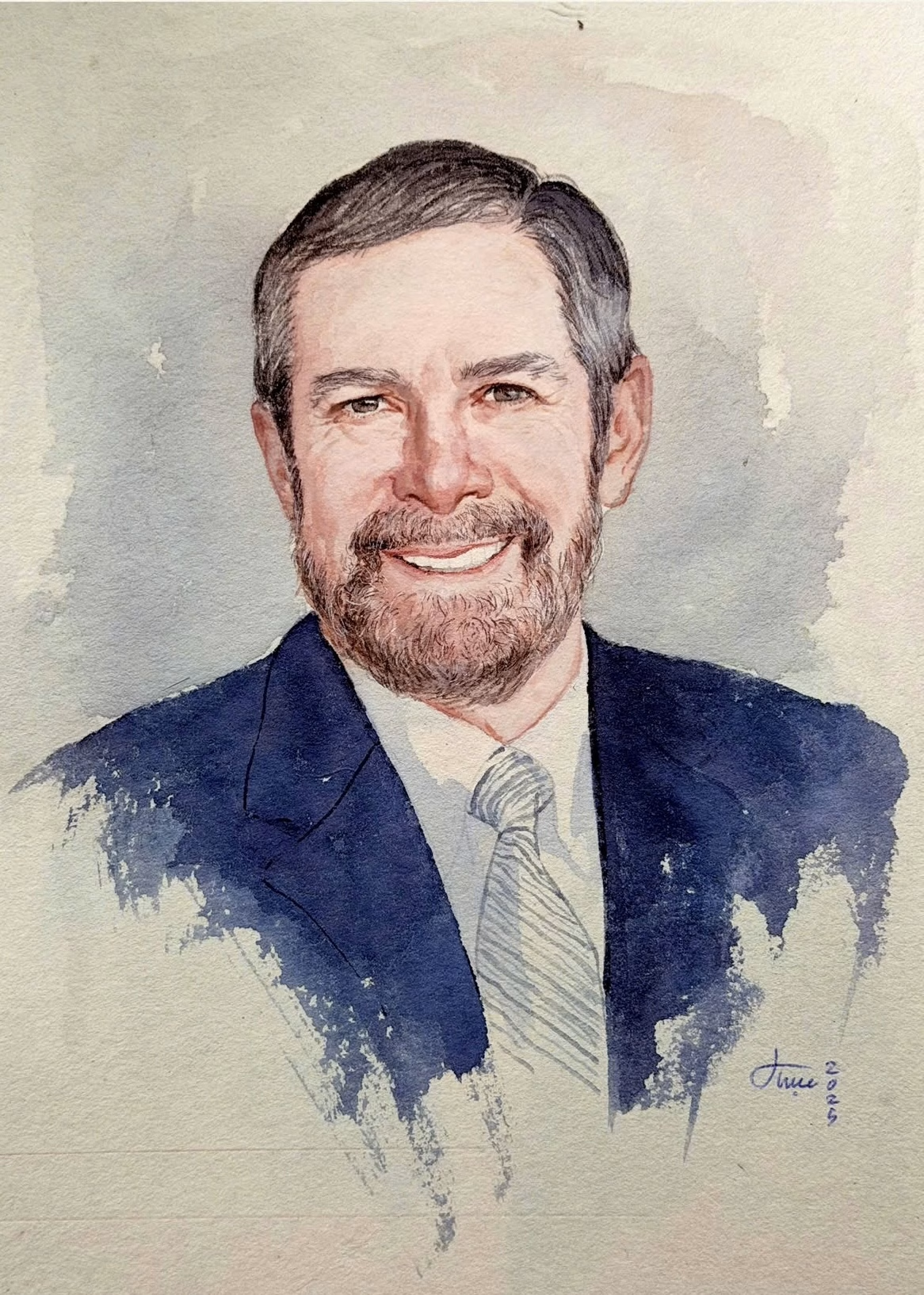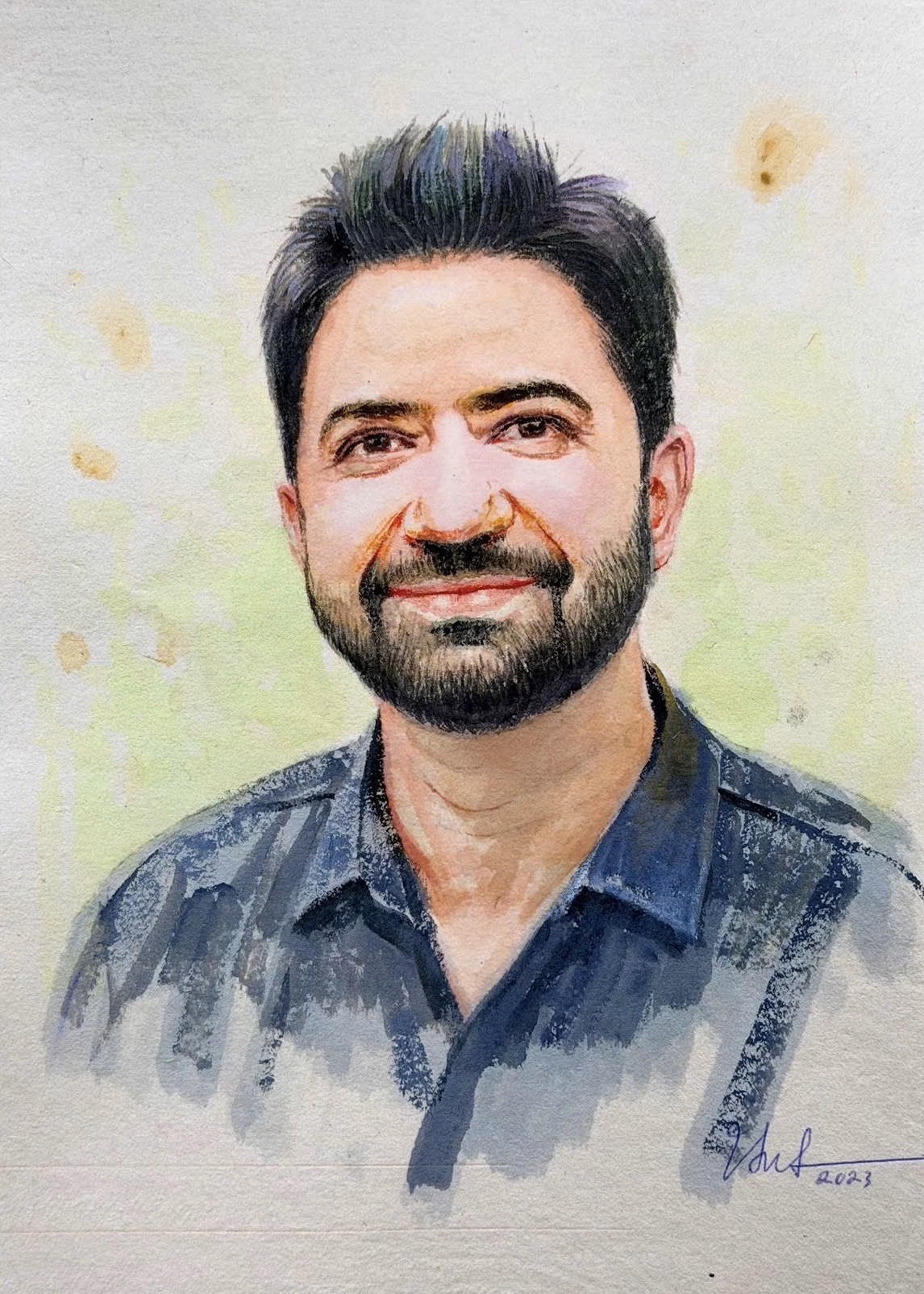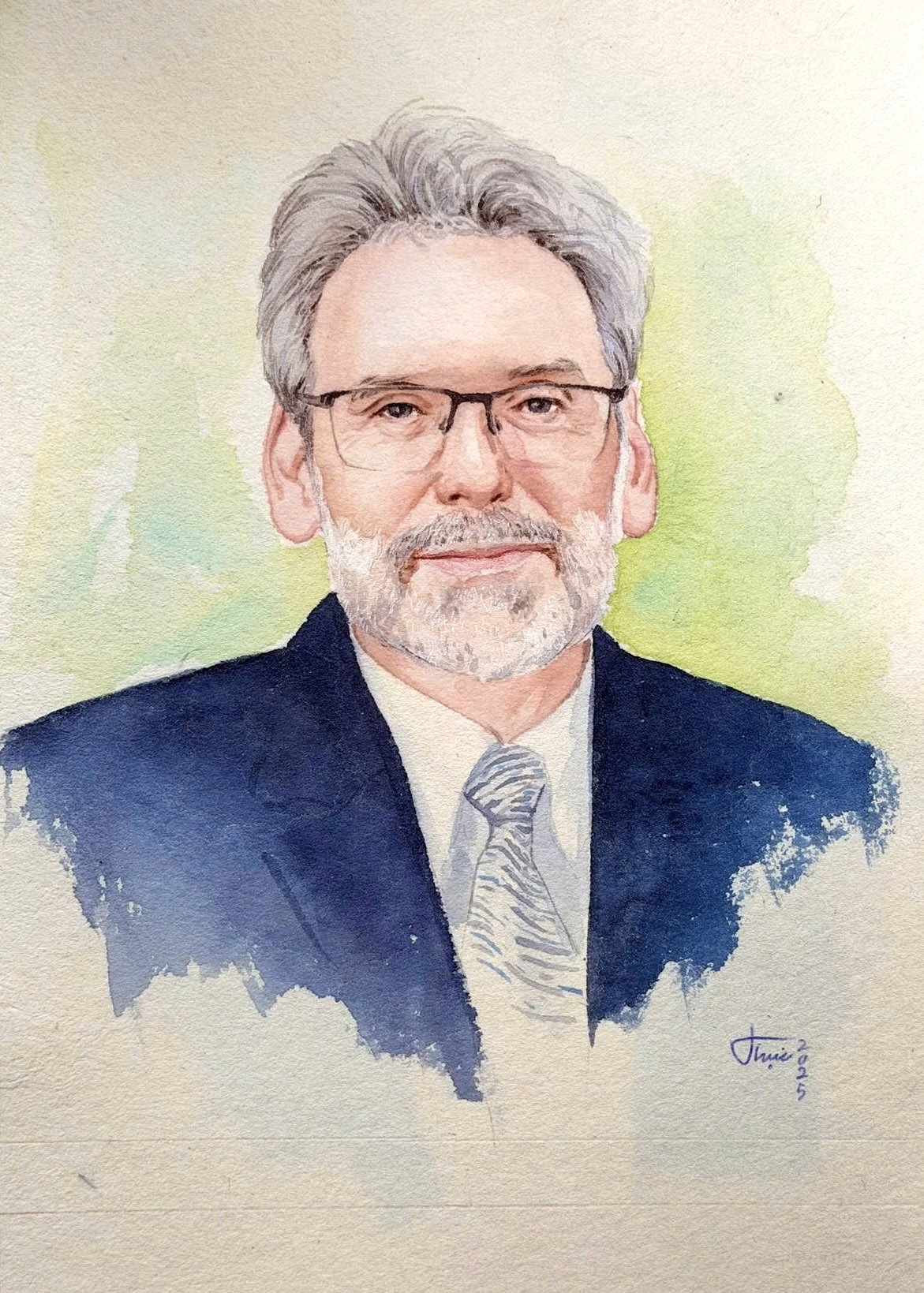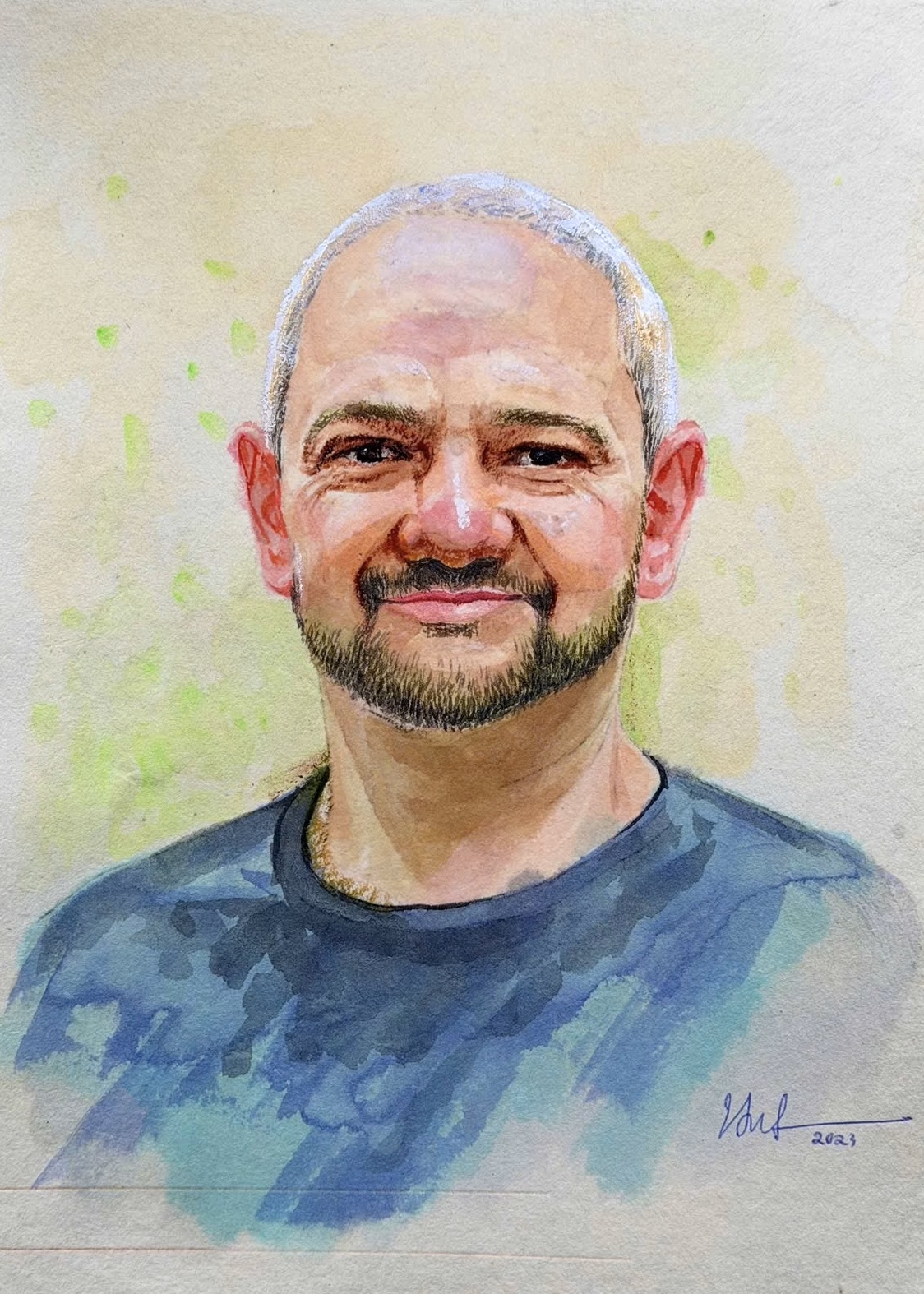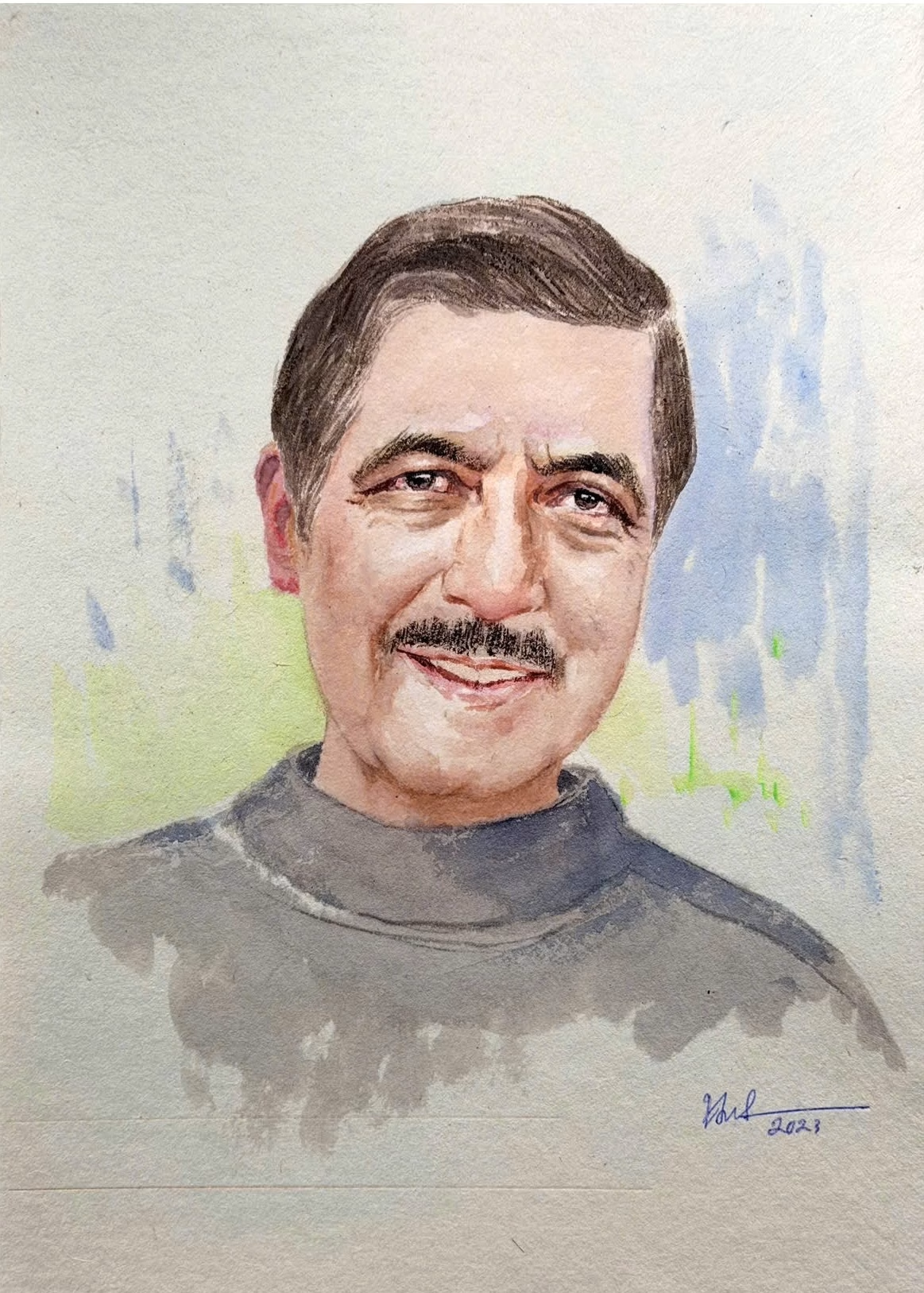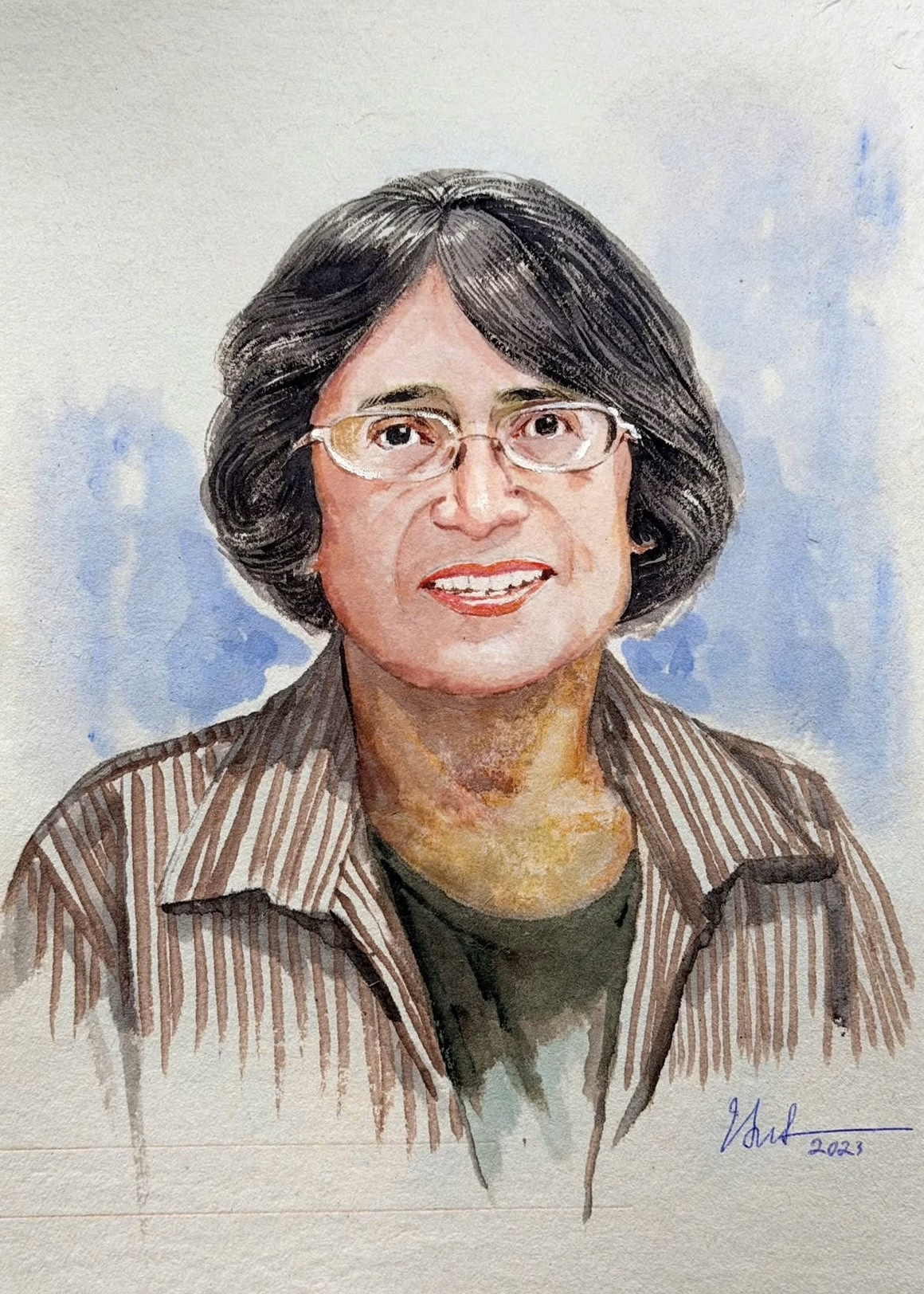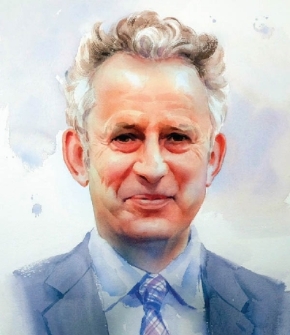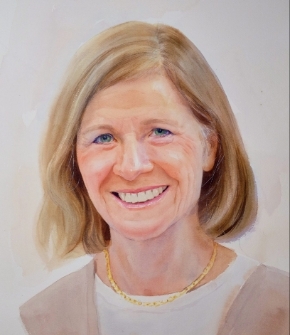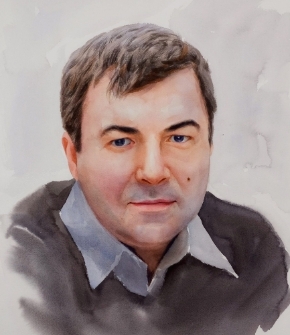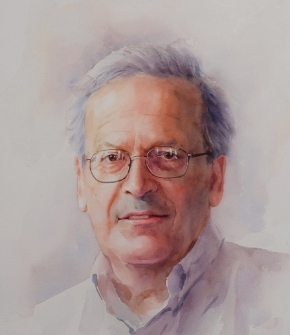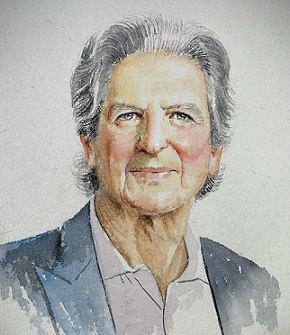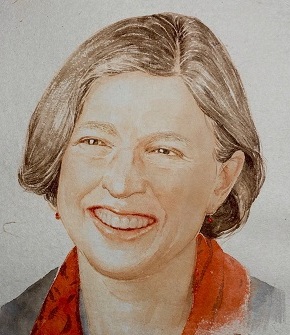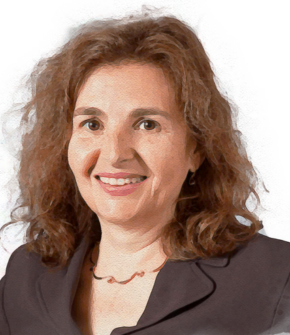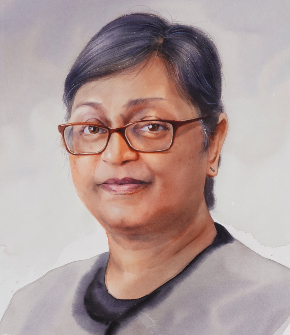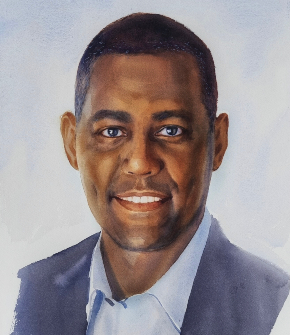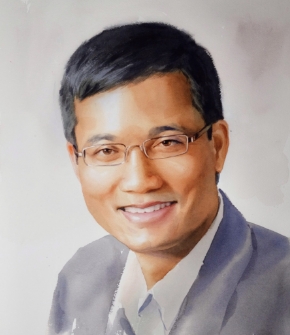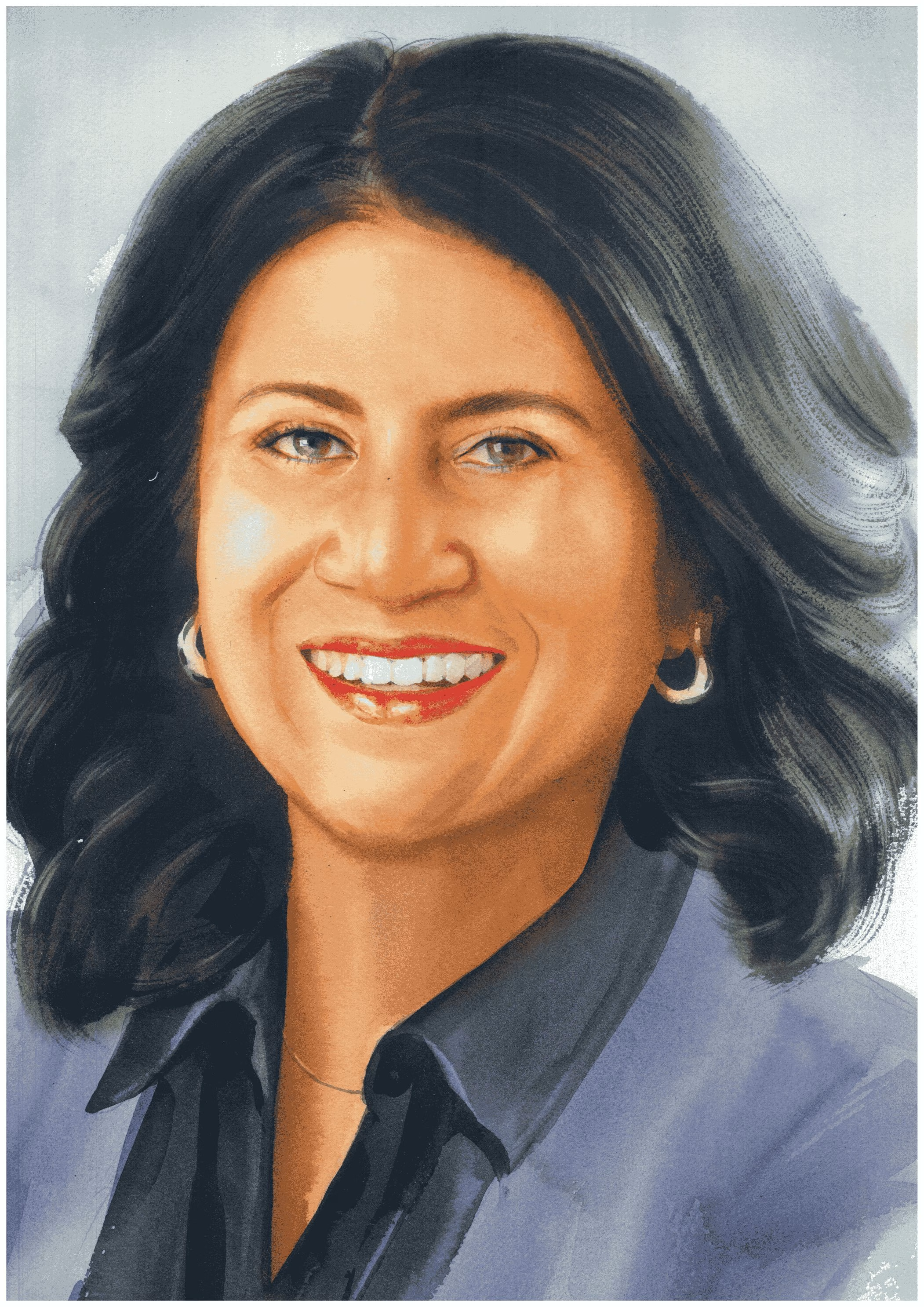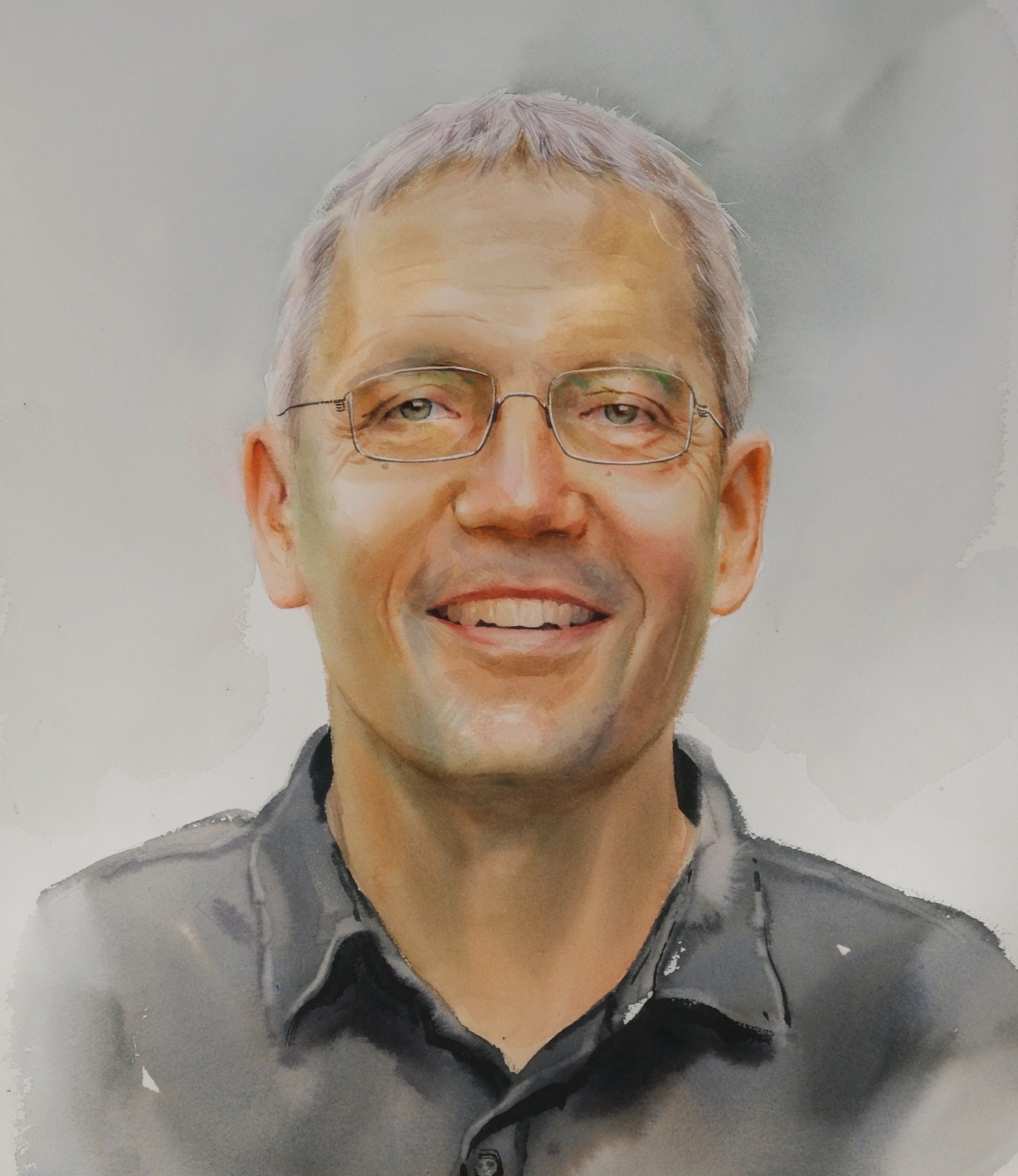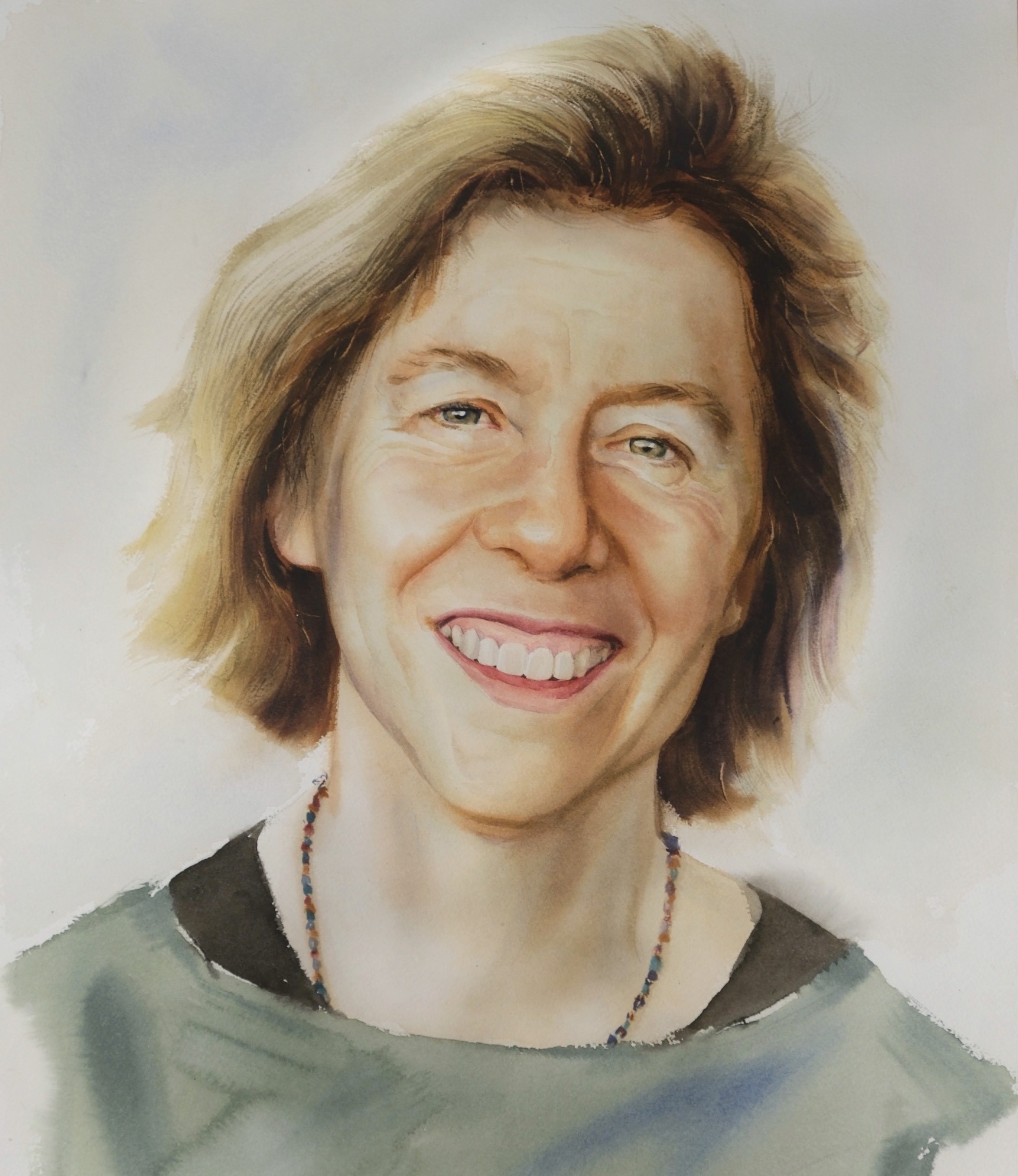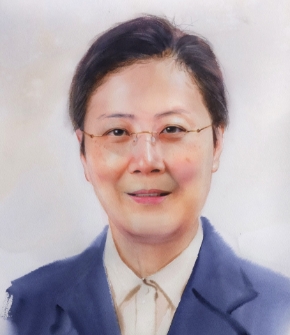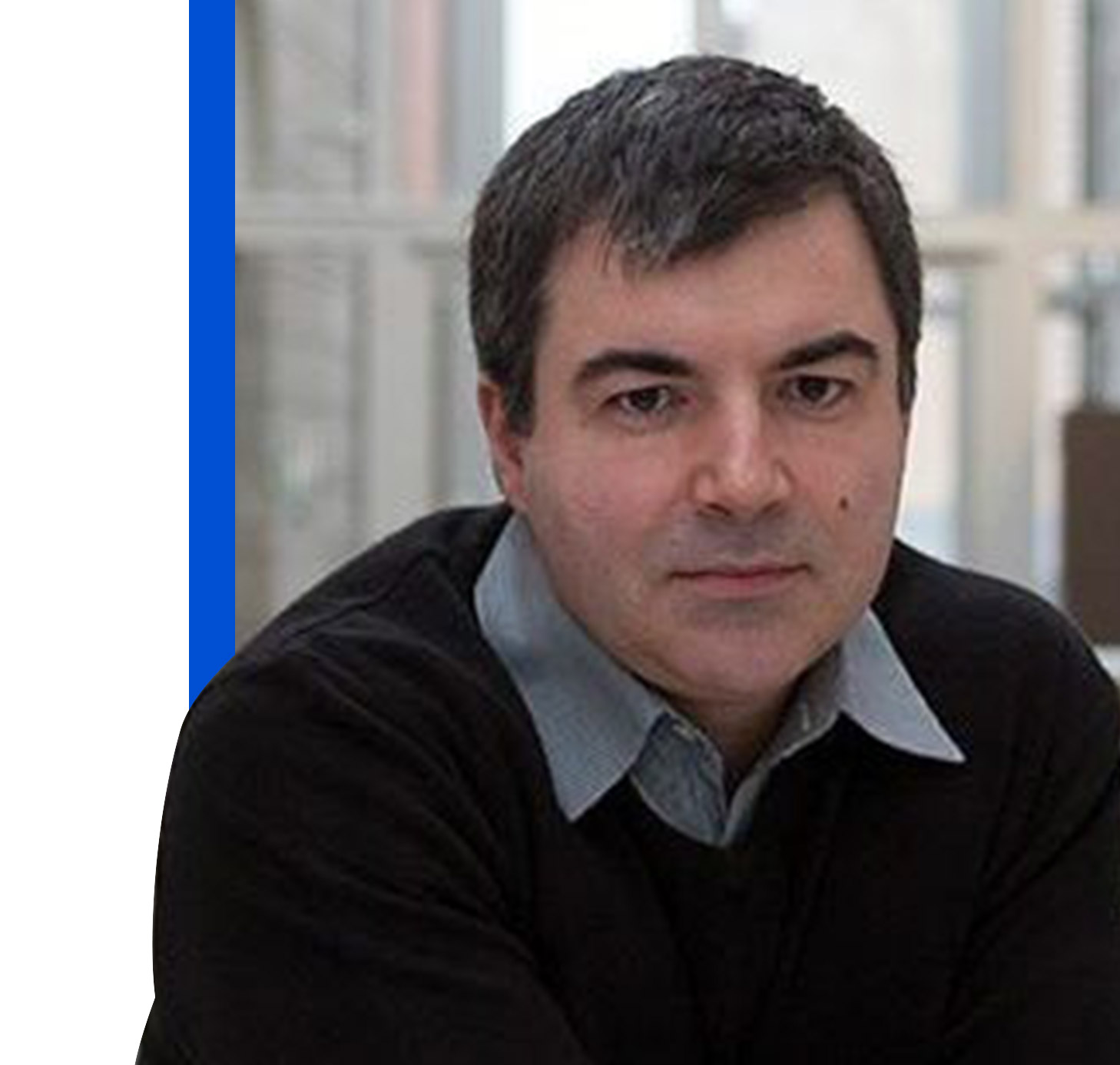SUMMARY OF WINNING ENTRY
Innovations in the development of clonal hybrid crops
Hybrid vigor, refers to the higher performance of a hybrid plant in comparison to those of its parents. Although hybrid seeds exhibit superior yield, the seeds must be renewed at every crop season. Hybrid seed production for rice, the staple food for more than half of humankind, is a laborious and costly procedure resulting in a high seed cost. As a result, the benefits of hybrids have not yet reached a large number of rice farmers. This groundbreaking research leveraged knowledge of plant development and genetics to produce rice seeds that carry the same beneficial characteristics as the parent plant simply by self-pollinating the plant.
SCALE OF IMPACT
This is an extraordinary advance in agriculture, as it will eventually allow farmers to plant and replant seeds from elite plant varieties, all without losing any of their valuable traits, most notably yield, with the added possibility of incorporating biotic and abiotic stress tolerance leading to a new generation of crops better equipped to deal with the challenges posed by global climate change and increased food demand.
MEANINGFUL CHANGE
Optimization of this technology and work and introduction into diverse crops will allow farmers who cannot afford hybrid seeds to still obtain the full benefits of hybrids from their home-grown seeds.

